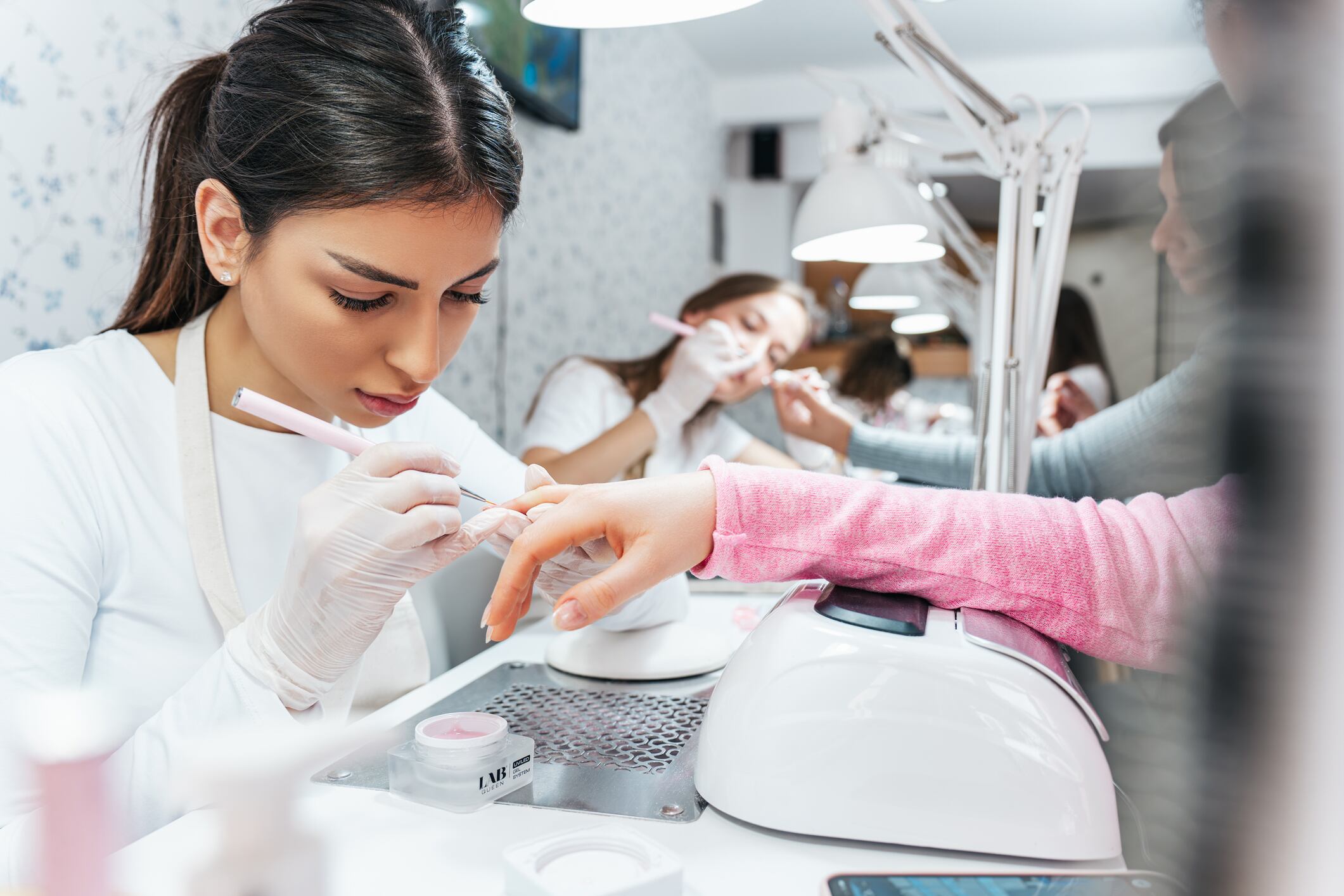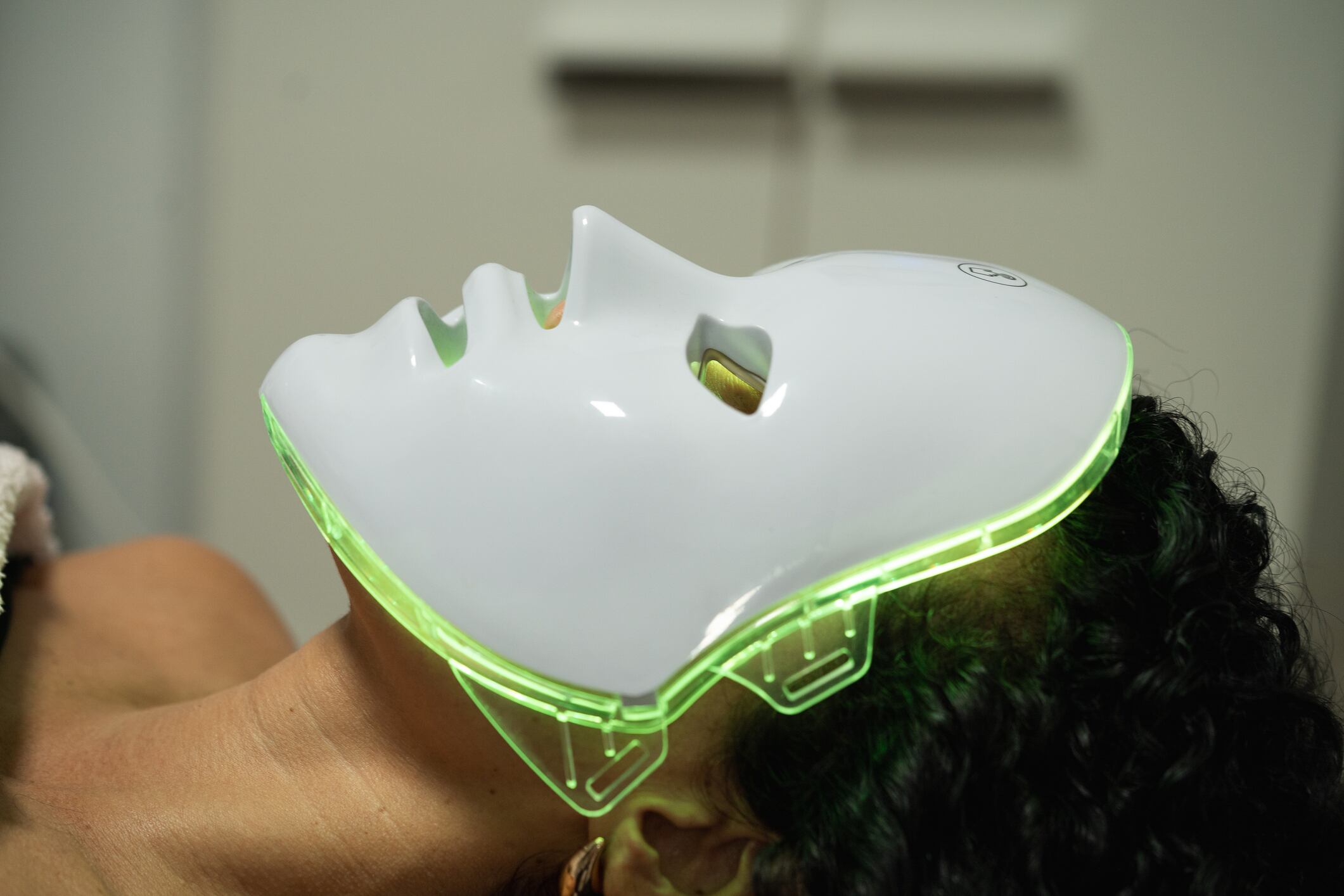Key takeaways
- A new report shows that 21% of UK salons operate at a loss, with two in five at risk of closure.
- It also shows that 95% of beauty businesses are microbusinesses, leaving margins razor-thin.
- In the UK, beauty contributes more to GDP than agriculture, yet lacks policy support.
- Financial literacy training is critical to help professionals price sustainably and survive.
- Report identifies the need for recognition of beauty as an essential trade.
A new whitepaper, ‘Is Beauty On The Brink? The Quiet Crisis Facing Britain’s Self-Care Industry’, has exposed the financial fragility of the UK’s £30bn hair and beauty sector. Despite employing nearly half a million people, the report reveals that 21% of salons are operating at a loss, with 95% of businesses being microbusinesses and solo practitioners surviving on razor-thin margins.
For many of these businesses, a single cancelled appointment or a rise in overheads could spell closure, putting two in five salons at risk of folding within the next year.
Some of the report’s key findings included:
- Spending on personal care rose 8% in 2024, even amid recession fears – but margins remain perilously low.
- The average hairdresser earns just £64 for 73 minutes’ work, while nail technicians’ £70 treatments often translate to near-minimum-wage earnings after costs.
- Almost 90% of the workforce is female, meaning that continued inaction risks a major hit to women’s employment.
- UK beauty product exports have fallen 5.9% annually since 2020, suggesting a shrinking ecosystem if service-based businesses fail.
The research, co-released by booking and payments platform Timely and The Curve, a financial education provider, highlights systemic issues such as under-pricing and unpaid administrative work that leave skilled professionals earning below minimum wage. These pressures, largely invisible to policymakers, threaten not only livelihoods but also the high street and wider economy if urgent action is not taken.
Policy gaps and the call for industry recognition
Despite outpacing the live music sector and contributing more to GDP than agriculture, the beauty industry remains excluded from the kinds of support and tax reliefs extended to trades like hospitality and construction.
With the UK’s Budget offering no specific measures for these businesses, the report warns that policymakers are underestimating a £30bn powerhouse that’s critical to high streets, employment, and women’s economic participation.
The report argues that financial literacy and business education must be built into training, and that beauty should be recognised as an essential trade within the UK’s small business strategy.
To address this crisis, the report calls for financial literacy to be embedded into beauty qualifications and for the sector to be recognised as an essential trade rather than a luxury. In response, Timely and The Curve have launched a seven-part financial literacy course designed specifically for beauty professionals. The programme aims to equip practitioners with practical skills to price services sustainably, manage profits, and build resilient businesses.
Industry leaders stress that financial education is a lifeline for this predominantly female-led sector. “By upskilling these professionals and giving them actionable tools, this doesn’t need to be the way forever,” says Oliver Smith, UK&I Managing Director at Timely. With targeted support and accessible resources, the partnership hopes to transform day-to-day survival into long-term growth, ensuring Britain’s beauty industry can thrive once more.





